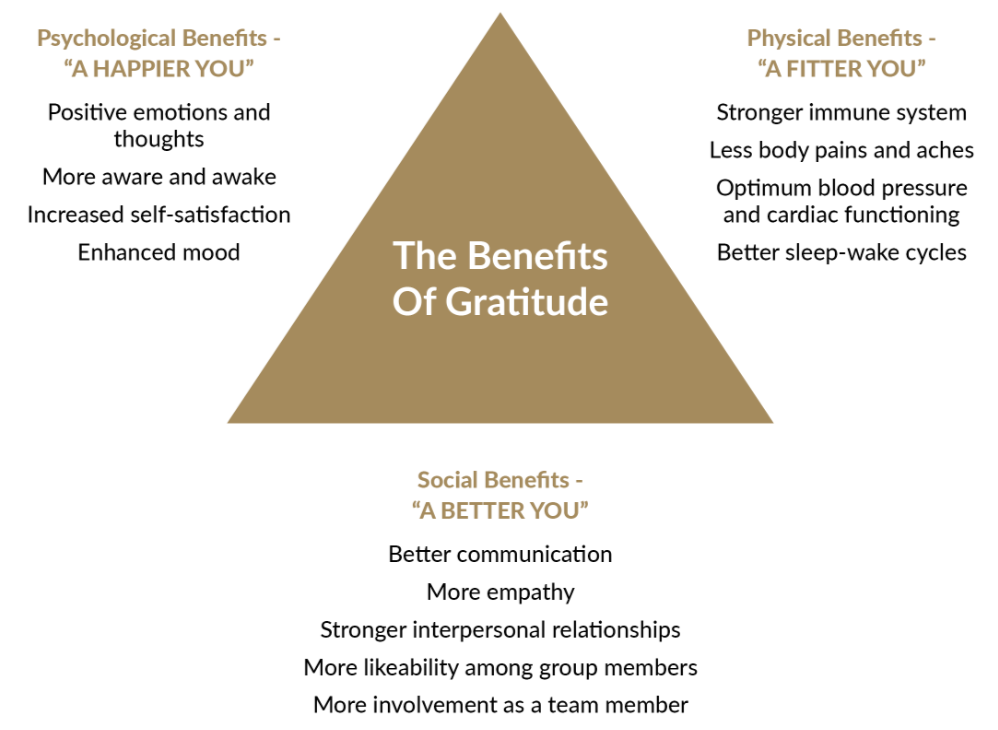
Gratitude plays a significant role in enhancing various aspects of everyday life. From emotional health to social relationships and physical well-being, the practice of gratitude can lead to meaningful changes in the way individuals perceive the world and interact with others.
Emotional Benefits of Gratitude
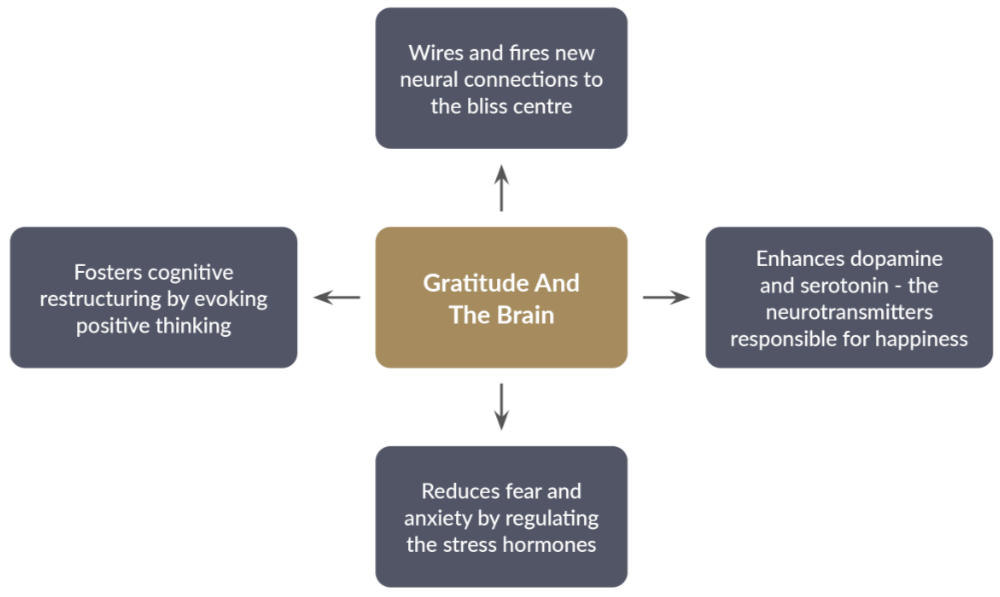
Gratitude has a profound impact on emotional well-being. It helps individuals focus on the positive aspects of their lives, leading to increased happiness and reduced symptoms of depression and anxiety. Research has shown that people who regularly practice gratitude experience greater life satisfaction and self-esteem, as these individuals tend to evaluate their lives from a more positive perspective. For instance, a study indicated that noting what we are grateful for can enhance long-term happiness by over 10%[2]. Additionally, recognizing and appreciating the good in life can help replace feelings of envy and resentment with positive emotions[2][3].
Practicing gratitude can also facilitate emotional regulation. When individuals actively reflect on their grateful sentiments, they often report decreased feelings of stress and increased emotional resilience[3][7]. As one expert in gratitude points out, focusing on positive elements helps to minimize negative thoughts and emotions, leading to a sense of emotional freedom and serenity[3].
Strengthening Relationships Through Gratitude
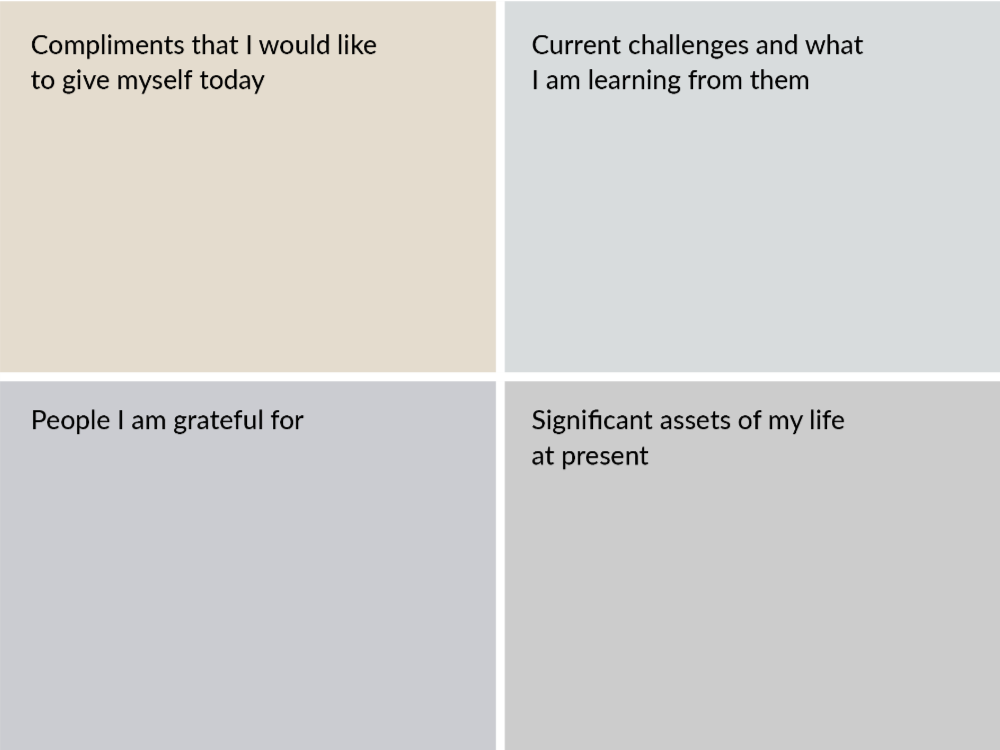
Gratitude is essential for building and maintaining strong social connections. Acknowledging and expressing appreciation for others can deepen relationships and create lasting bonds. Studies have demonstrated that expressing gratitude can improve the quality of romantic relationships and friendships, fostering emotional closeness and trust[2][7]. When individuals express gratitude, they not only make others feel valued but also reinforce their social connections, resulting in a supportive network that can help during challenging times[6][3].
In professional settings, gratitude can enhance teamwork and cooperation among employees. Those who express appreciation in the workplace are often perceived as more trustworthy and approachable, leading to better collaboration and improved morale[2][6]. Furthermore, research shows that grateful individuals tend to engage more in prosocial behavior, helping not just those they are grateful to, but also others in their community[4][3].
Physical Health Benefits
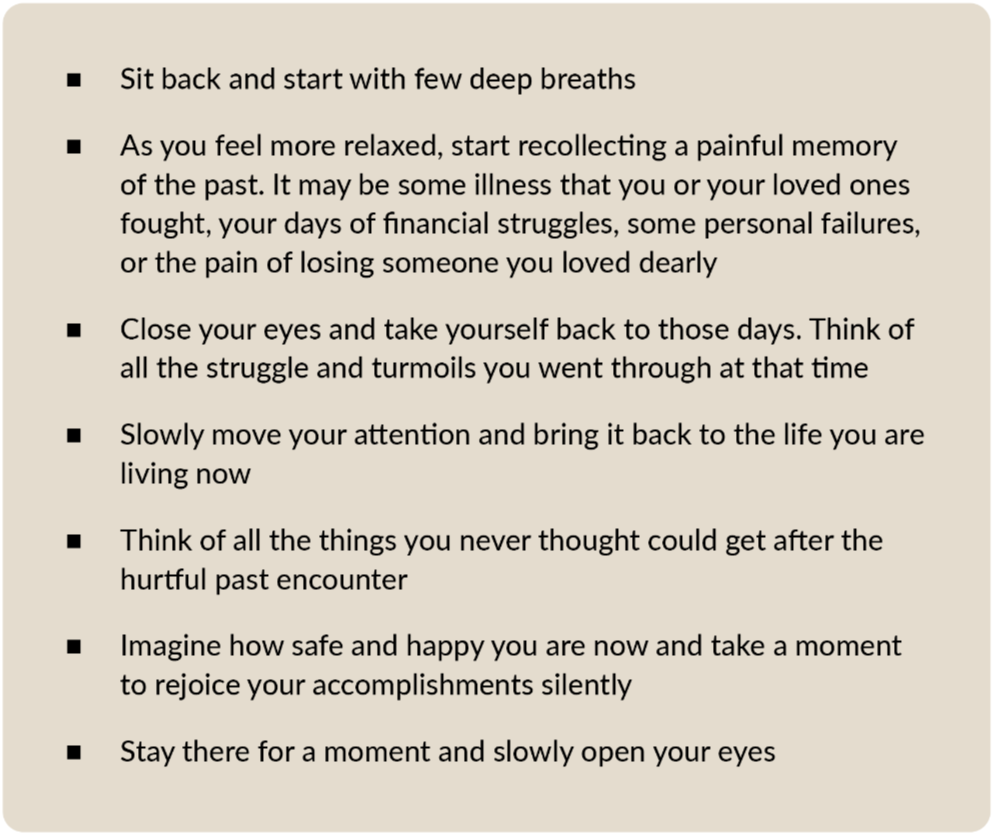
Beyond emotional and social enhancements, the practice of gratitude is linked to various physical health benefits. Grateful individuals report fewer health complaints, better sleep, and improved immune function. A study found that people who regularly practice gratitude experience significant improvements in sleep quality and are more likely to maintain healthier lifestyles, including regular exercise and keeping medical appointments[5][3].
Gratitude can help reduce stress levels, which is a key factor in many physical health issues, including cardiovascular disease. Individuals who cultivate a sense of gratitude are likely to have lower blood pressure and experience decreased inflammation, contributing to overall better health outcomes[6][7]. This connection between gratitude and physical health underscores the notion that emotional well-being can significantly impact physical wellness.
Cultivating a Grateful Mindset
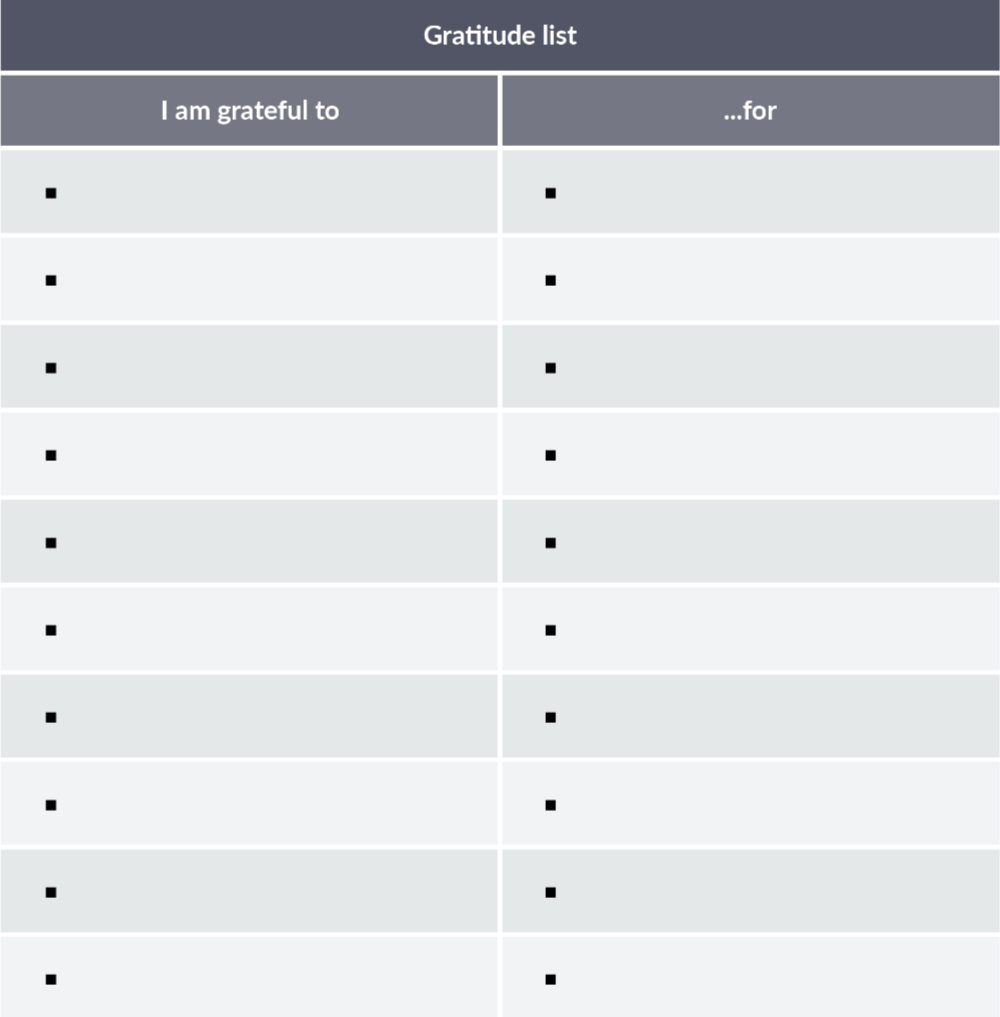
Developing a habit of gratitude does not require complex processes; simple practices can yield substantial benefits. Keeping a gratitude journal, where individuals write down things they are thankful for, is an effective way to cultivate this mindset[9][8]. Engaging in daily reflection about one's blessings, even if they are small, can help shift attention from negative aspects of life to positive experiences. This practice has been shown to reinforce happy feelings and promote a more positive outlook over time[4][8].
Other methods of cultivating gratitude include expressing appreciation through letters or verbal acknowledgments, which enhance interpersonal relationships and reinforce social bonds[9][2]. Reflecting on past challenges and identifying lessons learned can also foster a sense of gratitude, helping individuals appreciate their strengths and resilience during difficult times[8][5].
Overcoming Barriers to Gratitude

While gratitude can lead to significant psychological gains, some individuals may struggle to incorporate it into their lives. Factors such as envy, stress, and deeply entrenched negative thought patterns can hinder the ability to feel grateful[8][3]. For people experiencing mental health challenges, recognizing positive aspects of life may seem particularly difficult. In such cases, incorporating gratitude exercises into therapeutic practices can provide additional support, enhancing overall psychological resilience and effectiveness during treatment[5][10].
Conclusion

In summary, gratitude serves as a powerful tool that can enrich everyday life. By enhancing emotional well-being, strengthening relationships, and improving physical health, the practice of gratitude fosters a holistic approach to personal development. In a world often fraught with stress and negativity, taking time to acknowledge and appreciate the good can bring balance and fulfillment, significantly improving one’s quality of life.
Get more accurate answers with Super Pandi, upload files, personalized discovery feed, save searches and contribute to the PandiPedia.
Let's look at alternatives:
- Modify the query.
- Start a new thread.
- Remove sources (if manually added).